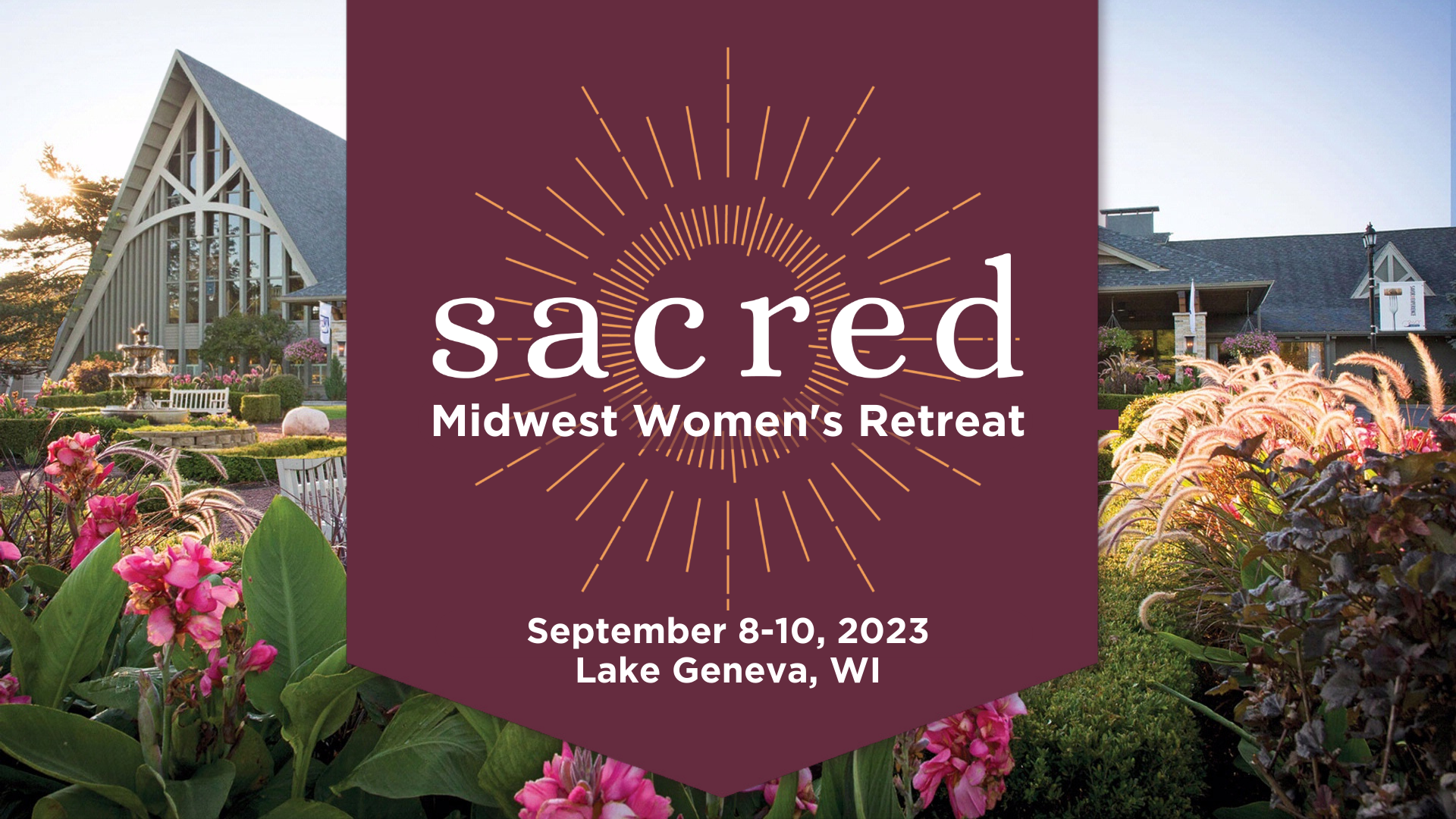How Do I Find The Right Church For My Family?


When you know, you know.
You’ve found just the right church for you and your family. The leadership is supportive, the messages are inspirational, and the co-congregants are friendly and fun. Maybe there’s an active ministry that provides opportunities to give back, maybe there are study programs and activities for adults and youth.
Of course, people who have ever searched for – or are currently doing so -- the perfect place to worship know that it isn’t easy. Even though God’s messages to his people never change, leadership can change, institutions can change, and humans can change.
What you need out of a church community may be different at different points in your life, so somewhere you’ve been attending for years out of habit or family obligation may not be as spiritually fulfilling as it once was. Or you may have moved to a different part of the world and are trying to find something with many of the similar ingredients that you may have missed.
When trying to answer how do I find the right church for my family, there is some degree of searching your feelings required, plus praying for guidance in this decision. But there are other factors that church leaders can consider creating a place that everyone can call home – or know that it isn’t quite the right fit and continue your search.
What are the signs of a healthy church?
The right church is a place where you can get excited about participating in just about anything, and something that grows with you and becomes part of your world – and vice versa. A church is only as strong as its members,
so the ideal place of worship has like-minded people committed to coming together to serve God, helping others, and celebrating God’s word.
Defining “right” is definitely subjective, based on every individual’s faith background, spiritual goals, and comfort levels.
Do you like simply hearing the Word of God and perhaps some guidance or interpretation of what some readings mean? Do you like readings broken up by music? Do you doze off if people speak too long? For music, do you like something somber such as an organ or piano, or a more active choir or an energetic band? While some prefer to silently reflect in silence, others love to get pumped with great music and enthusiastic ministers.
The format of a church goes a long way in helping you feel welcome or say, “this isn’t quite for me.” Some larger churches even offer many choices within their organization, so you can still be part of the main body but attend “the kids’ service” or “the one with the band.”
What does the Bible say about going to church as a family?
Interestingly, the Bible doesn’t explicitly command or compel regular church attendance, although some faiths and denominations may make this a requirement.
Paul, for instance, shares in Ephesians 2:8-9 that we’re saved by grace and faith, not by our works.
The Gospels share how the Pharisees were constantly looking for ways to prove Jesus wrong over his views of established law, including the firm rules of the Sabbath. In Mark 12:23-28 Jesus declares that “the Sabbath was made for man, not man for the Sabbath.”
However, Jesus did see the value in gathering with like-minded friends to share food and fellowship, and his disciples continued this practice, following the words of Matthew (18:20) “For where two or three gather together as my followers, I am there among them.”
Today, churches still provide safe places for people to gather and grow spiritually. Regardless of particular denominations or rituals, the intention is the same.
The Bible even provides further instructions on what to do and what not to do in how you gather: And let us consider how we may spur one another on toward love and good deeds, not giving up meeting together, as some are in the habit of doing, but encouraging one another—and all the more as you see the Day approaching.” Hebrews 10:24-25

Practical tips when choosing the right church
Jesus envisioned the Church to be a united family of believers spread throughout earth. Between the conception of the church (Acts 2) and now, there have been many divisions among believers - some of which are warranted on a biblical basis, but many have been based upon matters of opinion and mere human concerns. Ephesians 4:4-6 and Hebrews 6:1-3 address topics about which we must pursue unity as the global body of Christ. Whatever decisions are made about where to worship and what church community to join, it is spiritually wise to have a list of non-negotiables based upon the aforementioned passages and others like it. Some differences are minor, and some are larger; everything from which books of the Bible are consulted to appropriate décor and certain rituals.
Even within similar faiths, some groups want to preserve traditional viewpoints and others want to evolve and adapt. Some distinctions can be examined with serious theological inquiry, but the average churchgoer should reflect on Paul’s call to Timothy to “watch your life and doctrine closely” (1 Timothy 4:16). Does what you’re hearing and seeing line up with biblical truth?
Examining a church’s Statement of Faith and Doctrinal Statement can provide a good overview of what the church holds to be true, about everything from the role God has in our lives to the view of the Bible – is it all the complete, true, and literal living Word of God or are some parts considered more guidelines or allusions, even if it’s still a good guide for salvation?
About Us
The Chicago Church of Christ wants to be the perfect place for you, your family, and the whole community. With a focus on inspiring faith and celebrating the importance of an authentic church family, Chicago Church of Christ welcomes anyone, from those moving to the area who want a special place to gather in their new location, to residents who already live here who may be searching for a new church family that offers exactly what they need in their current spiritual journey.
To learn more and plan a visit, please visit
https://www.chicagochurch.org/
Ministry News








